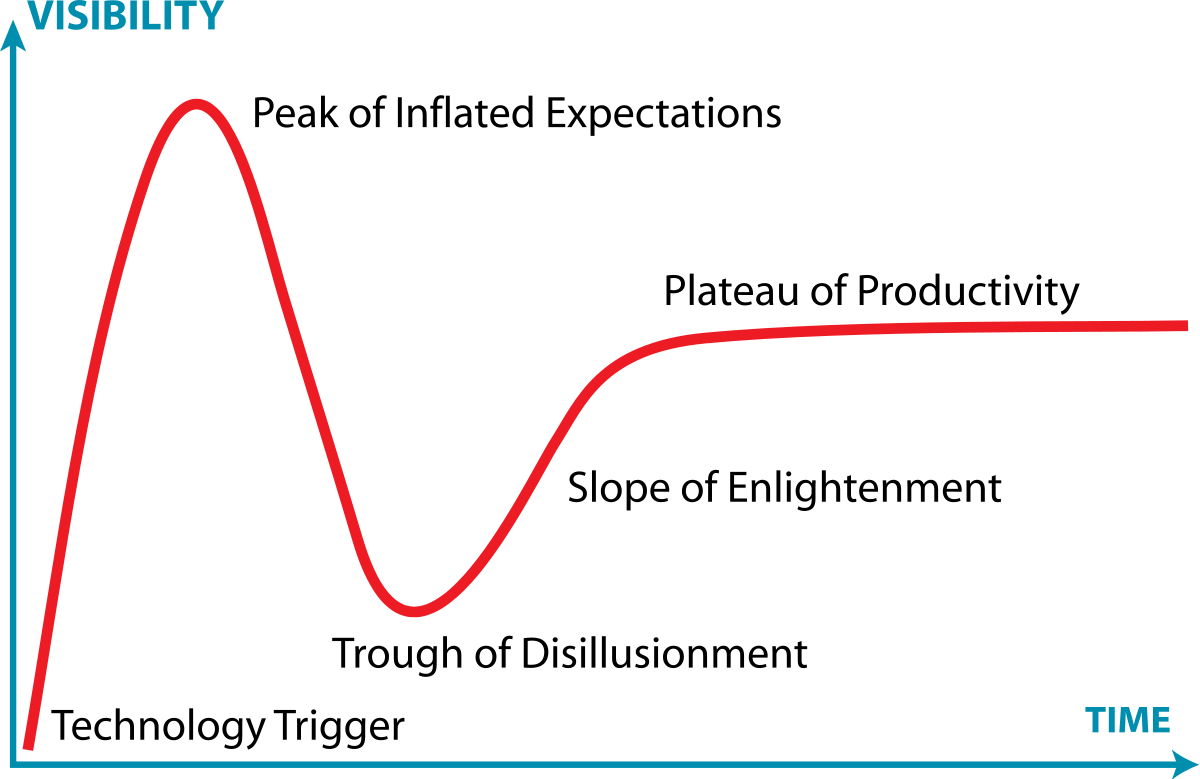Noting from studies how easily AI-powered chatbots can be manipulated to craft convincing phishing emails.
Connected care in the home has the potential to address both the preferences of older adults and the societal imperative to care for a rapidly growing aging population
A practical guide to understanding autonomous AI agents, why they matter for healthcare governance, and what to do about them.
The growing ecosystem of devices and products serving peoples’ health and well-being shows us that innovators already see the opportunity to serve the fast-growing market for self-care among people 50 years of age and up.
For nearly twenty years, one thing has felt inevitable: when boomers reach “old age,” senior living demand will surge. And yet ..

 Chatbots can be helpful to older adults and families. As part of research on the Future of AI and Older Adults, interviewees are talking about the potential
Chatbots can be helpful to older adults and families. As part of research on the Future of AI and Older Adults, interviewees are talking about the potential  The future of AI and older adults is now.
The future of AI and older adults is now. AI use in care delivery and marketing is not new - it just seems that way. Most would agree: AI is the hottest segment in the technology market today. It is beginning to emerge even in market segments that may have been slow to see (or seize) the opportunity. In healthcare, there are
AI use in care delivery and marketing is not new - it just seems that way. Most would agree: AI is the hottest segment in the technology market today. It is beginning to emerge even in market segments that may have been slow to see (or seize) the opportunity. In healthcare, there are  Even Bing and ChatGPT have lousy answers. In fact, as lives lengthen, data about aging individuals dwindles inversely. Don’t believe it? Start searching for recently surveyed data about individuals aged 75+. Use the usual searches for income, marital status, housing status, tech ownership. Go ahead – give Bing and ChatGPT a try too – for example, smartphone ownership in the US among those aged 75+. Data returned was from 2017, with an apology that nothing more recent was available. You would think this was an easy question -- Bing knew it and was sorry about the lack of current info, which none of the other usual sources have either.
Even Bing and ChatGPT have lousy answers. In fact, as lives lengthen, data about aging individuals dwindles inversely. Don’t believe it? Start searching for recently surveyed data about individuals aged 75+. Use the usual searches for income, marital status, housing status, tech ownership. Go ahead – give Bing and ChatGPT a try too – for example, smartphone ownership in the US among those aged 75+. Data returned was from 2017, with an apology that nothing more recent was available. You would think this was an easy question -- Bing knew it and was sorry about the lack of current info, which none of the other usual sources have either. Accessibility and usability – who knew they were different? The term (and features) arose from the
Accessibility and usability – who knew they were different? The term (and features) arose from the 
 Rant on. Signing on to my bank account on a computer – there is that
Rant on. Signing on to my bank account on a computer – there is that 
 Technology trackers, don't quit your day job yet. But forward motion is detectable. Asked: "What AI technologies are available today to help older adults?" Learning about the interpretation of the question and the selection of responses is interesting. The result of good PR from the companies named? How should marketers view content creation in this new world? Does it depend on a loose definition of what is AI? All of the above? It's a good idea that intermediaries will be required to assess the utility of the responses and the offerings that present them, at least in the short term. But here are answers:
Technology trackers, don't quit your day job yet. But forward motion is detectable. Asked: "What AI technologies are available today to help older adults?" Learning about the interpretation of the question and the selection of responses is interesting. The result of good PR from the companies named? How should marketers view content creation in this new world? Does it depend on a loose definition of what is AI? All of the above? It's a good idea that intermediaries will be required to assess the utility of the responses and the offerings that present them, at least in the short term. But here are answers: These two letters, AI, have risen to top of tech talk and media minds.
These two letters, AI, have risen to top of tech talk and media minds.